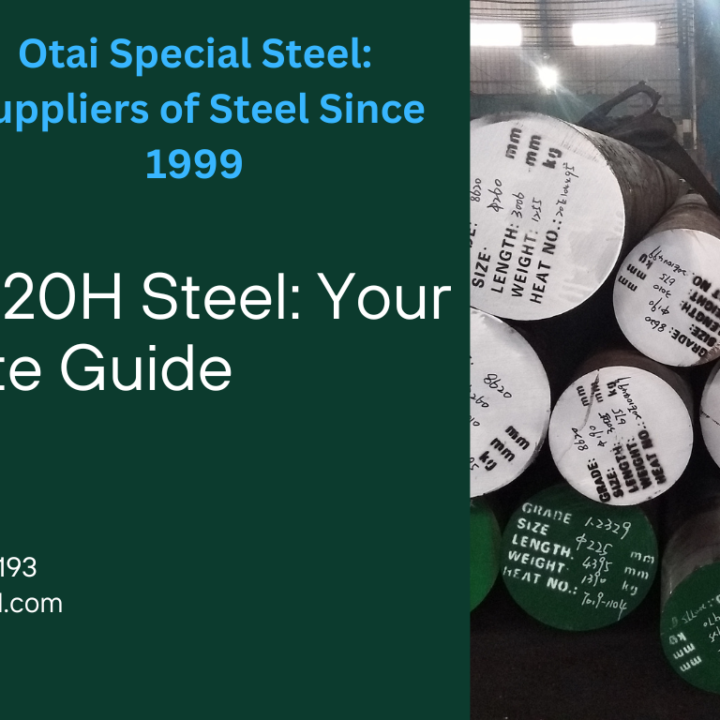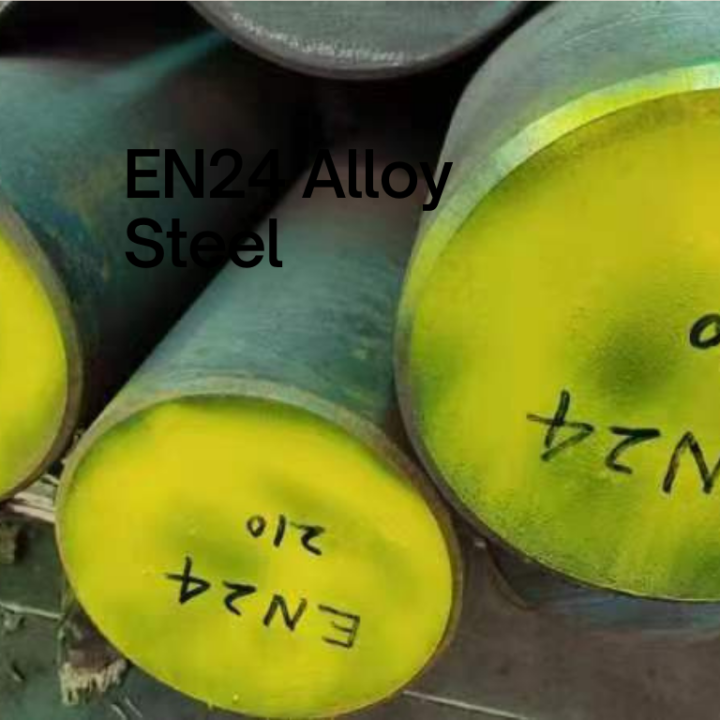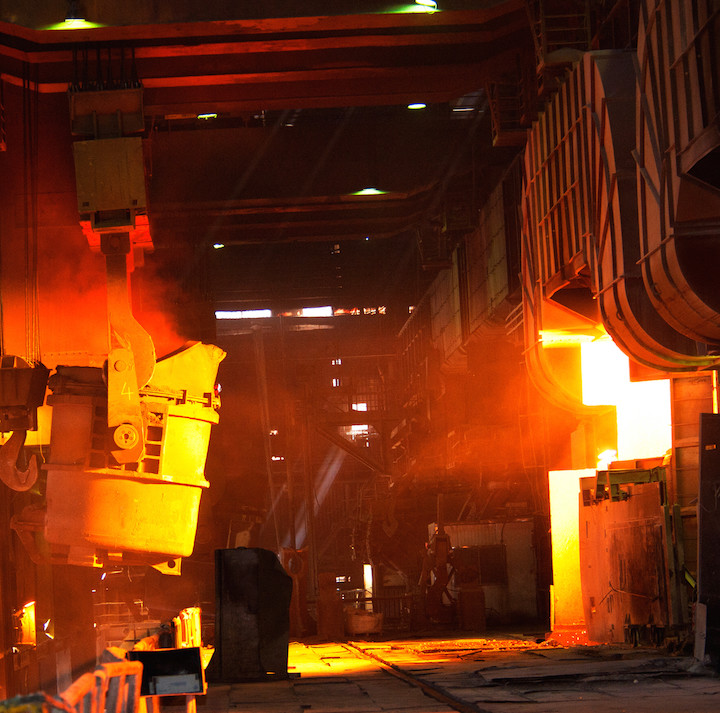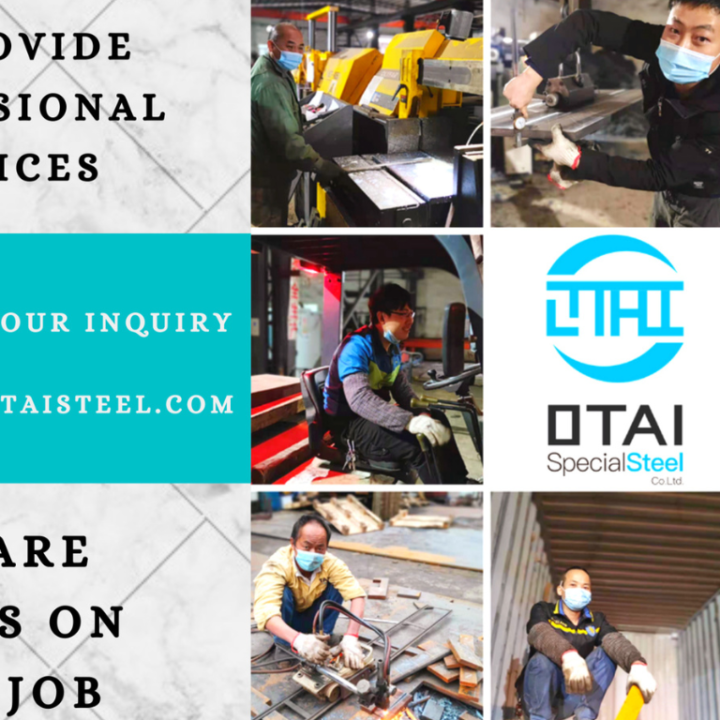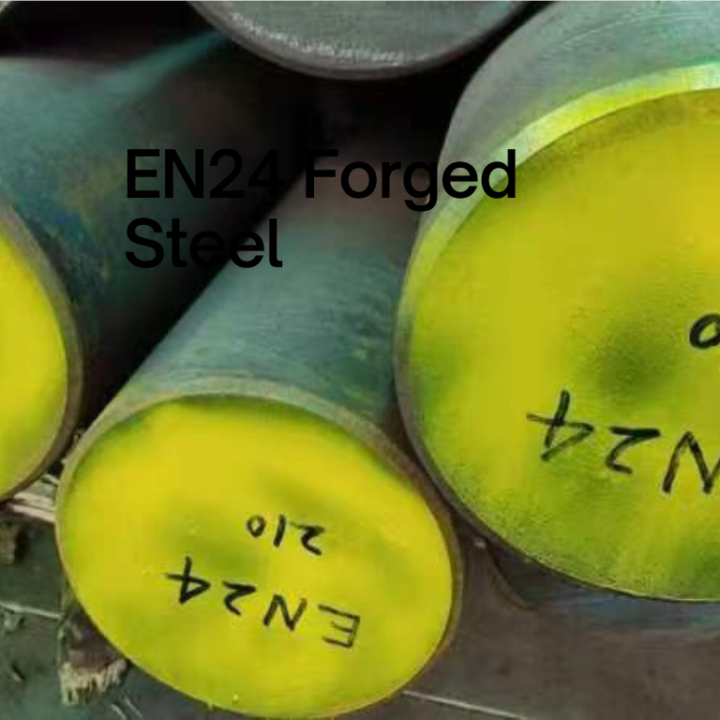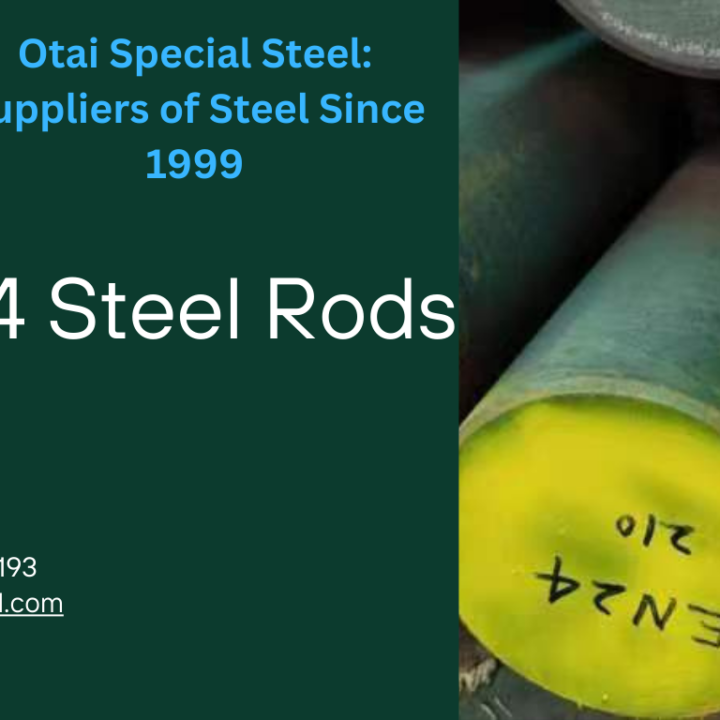
PITTSBURGH — A major steelworkers union has moved a step closer to striking, voting to authorize a labor stoppage that, if carried out, could derail the industry’s growth at a time when President Trump has touted its resurgence.
About 15,000 workers at plants owned by ArcelorMittal have unanimously voted to give the committee bargaining for new contracts here the right to call a strike within two days’ notice, union officials said Sunday night. That followed a similarly unanimous vote to authorize a strike from about 16,000 workers of U.S. Steel.
Together, the two companies account for nearly 25 percent of U.S. steel production, and a strike could hold back the industry at a time when it is benefiting from federal intervention aimed at boosting production and employment.
The Trump administration has imposed tariffs on imported steel and aluminum, aiming to protect domestic producers from foreign competition. U.S. steel profits have surged over the last two years despite a downturn in 2015 and 2016, as prices fell in part because of an international oversupply coming from China, according to Phil Gibbs, a steel analyst at KeyBanc Capital Markets. The industry has rebounded in 2017 and 2018, in part because of the tariffs, with the prices of hot-rolled coil — a key metric of steel prices — experiencing an increase of about 30 percent.
Unions negotiating new contracts argue that their members deserve a bigger share of the benefits.
They were already aggrieved over what they call stagnant wages, proposed increases to their health-care costs, changes to overtime rules and other issues. Officials involved in bargaining said that recent negotiations have not gone well and that the sides remain far apart on significant matters, most notably on the proposed additional cost-sharing for workers’ health-care plans.
“If I had to put a number on it, there is a 90 percent chance” of a strike, said Thomas M. Conway, international vice president of the United Steelworkers, the union group representing workers at both companies in current negotiations. “Our people are [angry]. They understand the risk of this and what it means for their families.”
Officials with ArcelorMittal and U.S. Steel referred to their previous statements when asked for comment. U.S. Steel said in a statement that the wage hikes are “significant” and amount to a 14 percent increase over a proposed six-year agreement.
There is no hard deadline for talks to come to a conclusion, and it remains possible that a deal could be ironed out well before a strike. And the latest back-and-forth may amount to more “chest-pounding” than a real threat, Gibbs said.
The dispute threatens to unravel one of the justifications for Trump’s sprawling trade war, which escalated on Sunday as the White House decided to impose tariffs on an additional $200 billion of Chinese goods. Tariffs on foreign steel imports have increased the price of steel and given domestic manufacturers a greater market share.
“The unions are seeing that the American steel companies are making a lot of money, and they want a piece of it,” said Michael Manjuris, a steel expert at Ryerson University in Toronto.
Union officials downplay the extent to which Trump’s tariffs account for the industry’s rebound, pointing to strong growth before the tariffs took effect. They have instead pointed to lingering fury over large multimillion-dollar bonuses taken by the top executives at the company, even as their pay stagnated during the industry’s downturn in 2015.
“This is not a time members are seeking to have a dispute: They are just getting back on their feet and there is some new hiring going on,” said Conway, of the steelworkers union. “There is nothing logical about this and U.S. Steel is very aware of that.”
